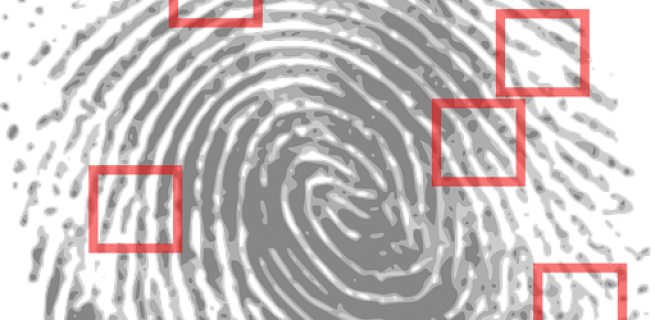The NSW Criminal Court of Appeal (NSWCCA) recently ruled that the evidence obtained unlawfully by a police officer was admissible in court, because the seriousness of the case and importance of the evidence outweighed the degree of his illegal conduct.
The Unlawful Search
On the 5th of March 2012, Officer Hembrow entered a property to carry out a routine firearms audit upon a man by the name of Paul Thompson, not knowing that Mr Thompson no longer lived there.
While walking on the property, the officer noticed a caged area which contained several cannabis plants. He left the property, obtained a search warrant and returned to find that there were at least 136 cannabis plants and 20 seedlings. A search of the neighbouring property uncovered 5kg of cannabis and 283 plants.
This evidence was essential to the prosecution case.
Legality of Search
Under the Law Enforcement (Powers and Responsibilities) Act 2002, police are only allowed to search private property:
- If they have a search warrant,
- If they have consent from the occupier,
- If there is an ‘emergency situation’, or
- In order to arrest someone.
But in the present case, it quickly became apparent that officer Hembrow did not understand the law in the area. Part of his cross-examination in court went as follows:
Q. I’d suggest to you, you had no lawful right to proceed beyond the pipe, did you?
A. Yes I did.
Q. What was that?
A. The possibility of illegal activities, because it’s very unlikely, as I said, that there’s a pipe running down, down a hill to a caged off area in a real bushy, scrubby property, that far away from the house.
Q. But you know don’t you that you have no general power to search private land because you think something may be suspicious?
A. No my – when I’ve – I couldn’t locate the owner down at the dam, I had all intentions of going back to the car, which is what I was doing and then I saw the pipe…
At the initial trial, the court refused to admit evidence of the cannabis that was found on the basis that the search was illegal.
This meant that the prosecution case failed. But the Crown appealed the decision to the NSWCCA.
The Decision on Appeal
It was agreed by both sides that the officer had acted illegally in searching the property, and that the application for a search warrant was based upon information obtained during that illegal search.
But unlike in many US jurisdictions, the fact that a search is illegal does not necessarily mean that the evidence obtained as a result of that search will be thrown out of court.
Rather, courts have discretion under section 138(1) of the Evidence Act 1995 (NSW) to admit illegally obtained evidence if the desirability of admitting that evidence outweighs the undesirability of admitting evidence that has been obtained in that way.
Section 138(3) sets out a number of factors that the court is required to take into account when deciding whether to admit the evidence, which include:
- the importance of the evidence in the proceedings,
- the nature of the alleged offence,
- the gravity of the impropriety or contravention, and
- whether the impropriety or contravention was deliberate or reckless.
In the present case, the nature of the offence was serious and the evidence of cannabis was crucial to the prosecution case. The court also found that the officer made an honest mistake when initially entering the property, rather than deliberately setting out to break the law. Accordingly, the conduct was not of “substantial gravity.”
Taking all of those matters into account, the court overturned the decision of the initial trial court and ruled that the evidence was admissible.












The rule of law in Australia is becoming a farce. The common law is no longer recognised by the courts and fundamental rights are simply being IGNORED. That makes Australia a TYRANNY. Viva la revolution, we will start with the lawyers!